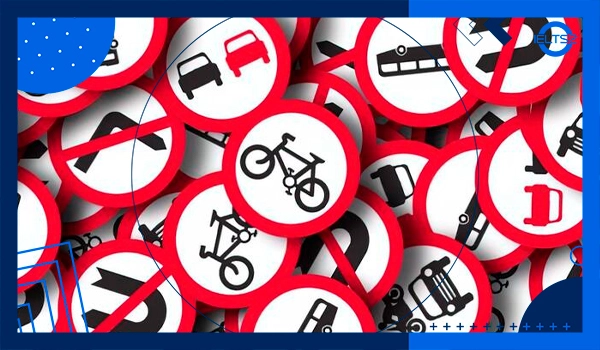📌 In some countries, the government promotes public transport as the primary means of transportation and discourages private car ownership.
Do you think the advantages of this policy outweigh the disadvantages?
The escalating challenges of urban congestion and environmental degradation have prompted some governments to actively promote public transport while discouraging private vehicle use. This policy direction is a subject of intense debate. In my opinion, while there are significant drawbacks to consider, the long-term advantages of this approach decidedly outweigh its disadvantages.
The primary disadvantages of this policy are practical and socio-economic. Firstly, a heavy reliance on public transport can severely limit personal freedom and flexibility. Individuals with unconventional working hours, those living in remote suburban or rural areas with sparse services, or families with young children may find their mobility drastically reduced, impacting their quality of life and employment opportunities. Secondly, compelling a shift from private cars requires massive investment in upgrading existing infrastructure. Without a comprehensive, efficient, and comfortable network, such a policy is doomed to fail, leading to public resentment and economic inefficiency as people are left with no viable alternatives.
However, the advantages of this policy are profound and far-reaching, primarily concerning environmental sustainability and urban livability. The most compelling benefit is the substantial reduction in carbon emissions and air pollution. Private cars are a major contributor to greenhouse gases and urban smog; a large-scale transition to buses and trains would lead to cleaner air and help mitigate climate change. Furthermore, cities would become less congested and safer. Reduced traffic volumes decrease journey times for essential services and commuters alike, while also lowering the incidence of accidents. This freed-up urban space can be repurposed into parks, cycle lanes, and pedestrian zones, creating more pleasant and human-centric cities.
Moreover, from an equity perspective, a robust public transport system is a great social equalizer. It provides affordable mobility for all citizens, regardless of their income or ability to drive, ensuring access to education, jobs, and healthcare. While the initial transition may be challenging, the long-term societal benefits—a healthier population, more efficient cities, and a stable environment—are indispensable.
In conclusion, although the policy of promoting public transport over private cars poses real challenges to personal convenience and requires significant investment, its overwhelming benefits for the environment, public safety, and social equity cannot be ignored. Therefore, I am convinced that its advantages carry greater weight.
More Content for You
- Some people believe that in the future, most cities will become
- In many countries, people now wear western-style dress
- Some people believe that in the future, most cities will become
- آهنگ گفتار (intonation) در اسپیکینگ آیلتس
- Some people believe that in the future, most cities will become
- دانلود pdf کتاب IELTS Speaking
- Some people believe that in the future, most cities will become
- Some people think that school children need to learn practical skill
- عبارت اسمی در زبان انگلیسی (با ۳۰ مثال)
- Crime rates will fall as advances in technology make it easier
تصحیح رایگان رایتینگ شما در کانال تلگرام ما



